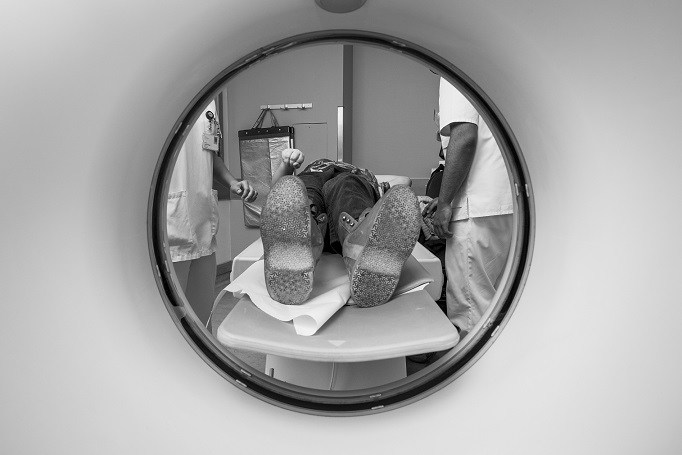Portugal’s Constitutional Court on Monday rejected, for the second time, a law allowing euthanasia, pointing to an “intolerable vagueness” in its wording and sending the text back to parliament.
The Court concluded that the text was not in line with the Basic Law because it failed to clearly define the “suffering of great intensity” that could lead to “medically assisted death,” its judges announced in a statement read out to the press.
The Portuguese parliament has been trying to legislate in favour of euthanasia for almost three years.
The Constitutional Court had already rejected this law in March 2021, judging at the time that it used terms that were too imprecise.
Parliament will now be able to redraft the text and resubmit it for promulgation by the President of the Republic, conservative Marcelo Rebelo de Sousa, who had referred the matter to the Constitutional Court in early January.
The first parliamentary vote in favour of decriminalising euthanasia in Portugal dates back to February 2020, but the lawmakers have since met with resistance from the head of state. A devout Catholic and former law professor, Rebelo de Sousa had vetoed a previous version of the law.
Socialist parliamentarian Isabel Moreira, one of the main voices in favour of the text, reacted to Monday’s decision by saying that it was only a “semantic problem” and that “most of the arguments of the president of the Republic have not been admitted.”
“If it is a question of correcting a word, we will be there to do so,” she said at a press briefing in parliament.
In the wake of Belgium and the Netherlands, a handful of European countries have legalised euthanasia so far.

